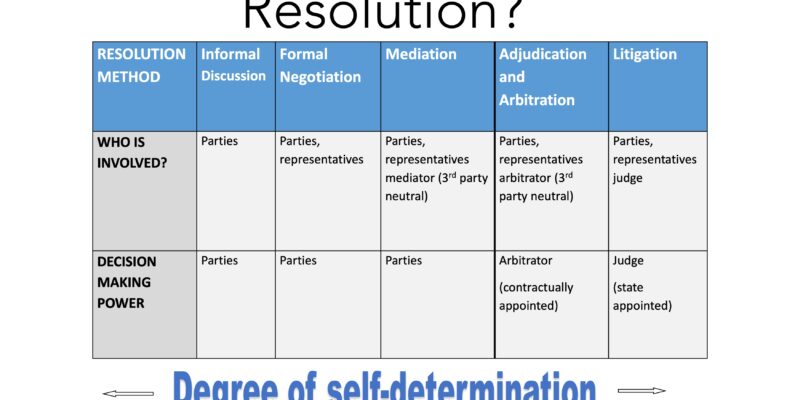Saying goodbye to Halsey – at last!
Mediation has long been used as a method of resolving disputes. Indeed, the practice of combining mediation and arbitration by the same neutral has been traced back to ancient Greece and Ptolemaic Egypt[1]. In his paper “Varieties of Dispute Processing”, presented to the 1976 Pound Conference, Harvard Professor Frank E.A. Sander proposed that, instead of…


